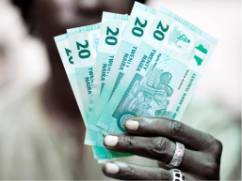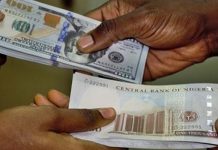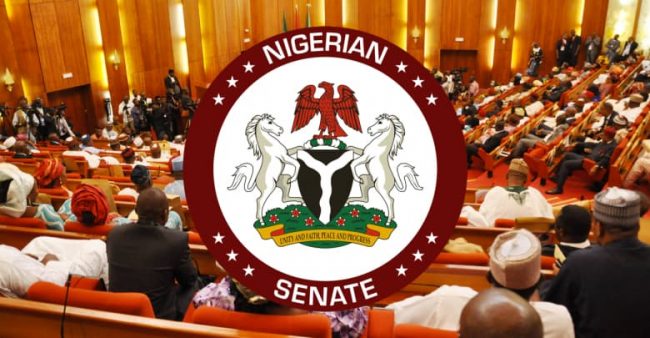A new report Ericsson has revealed that 53% of Nigeria’s population is in the banking system.
The report titled: “Financial services for everyone,” was released on Thursday and presented insights from a national sample of 6,215 respondents aged 17-59 years old, representing 150 million people across five countries: Angola, Democratic Republic of Congo (DRC), Ghana, Nigeria and Uganda.
The data was collected in July and October 2015 and compiled from face-to-face interviews each lasting 40 minutes. Ericsson Consumer Lab report also revealed that interviews were also conducted with experts from the World Bank’s Consultative Group to Assist the Poorest (CGAP) and the Gates Foundation.
According to the World Bank, the 10 countries with the highest proportion of residents living in extreme poverty are located in Sub-Saharan Africa. It noted that as mobile phone usage is more widespread than having a bank account, mobile financial services could be a stepping stone for people to become financially included. It could also mean a more manageable financial situation for the consumers, as they see the services offering convenience and security.
It pointed out that there are lots of barriers to adoption of mobile money services for personal use on mobile phones, adding that almost half of the respondents had not heard about the possibility to use mobile money on their own mobile phone.
“In this study, it was identified that 63 per cent of the consumers interviewed were unbanked, i.e. don’t use a savings or current bank account. The percentage of unbanked is higher among lower socioeconomic groups – up to 72 per cent in rural areas. In DRC alone, 82 per cent of the population is unbanked.
” In contrast, Nigeria records the highest proportion of banked people. In all countries, except Angola, the uptake of financial services has mainly been for savings accounts – Angolan consumers have adopted a broad range of financial services such as credit and debit cards and even internet banking for bank account management.
“A high number of inhabitants, particularly those in rural areas, note that accessibility is the key hindrance to having a bank account – both in terms of location and opening hours. Many also believe that they do not have enough money or savings to open a bank account, or do not wish to incur potential associated banking fees,” it added.
The report also stated that the convenience and wide acceptability of cash makes it the dominant mode of transaction, adding that it found that eight out of 10 consumers saw ease of use as the main reason for using cash.
However, cash transactions are considered risky and come with a set of liabilities, including possibility of robbery or loss. The risk of being robbed while carrying cash is a key concern in Ghana, DRC, Uganda and Nigeria, while many Angolans cite the fear of losing cash while carrying it around as the major concern.













